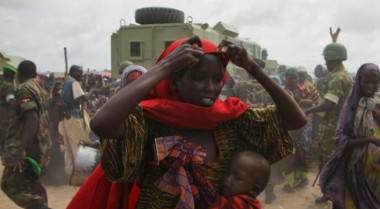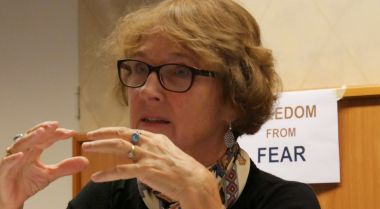
International Conference on the Great Lakes Region: CSO Handbook
The International Conference of the Great Lakes Region (ICGLR) is with no doubt an organisation of the 21st Century. Its founding history began in 2000 when the UN Security Council called for an international conference to discuss peace, democracy and security issues in the Great Lakes region. Later, in 2004, the Heads of State and Government of the region adopted the Dar es Salaam Declaration on Peace, Security and Development in the Great Lakes. This was followed by the pact on Security, Development and Stability in the Great Lakes Region agreed in 2006 and the inauguration of the ICGLR Executive Secretariat in Bujumbura, Burundi, in 2007.
The ICGLR was created in response to the changing nature of security challenges and the acknowledgement that transnational cooperation is necessary to respond to these threats. Boundaries in the Great Lakes region remain permeable. Challenges such as forced population movements, arms trafficking, terrorism, organised crime and widespread violence have cross-border causes and consequences. What happens in one country sends shock waves throughout the entire region.
This manual builds on the idea of continuing the development of the ICGLR as a people-centred organisation. It provides practical information about the structure of this multilateral body and its decision making process and cycles. It highlights the importance of engaging with the ICGLR and indicates different spaces in which people from the region can participate to develop policies and actions and jointly strengthen the organisation in the prevention and management of armed conflicts. The manual also highlights case studies of successful involvement of civil society organisations (CSOs) in the ICGLR. Finally, it formulates recommendations and reflects on how this organisation and civil society can further develop constructive partnerships and work towards a more peaceful region.


